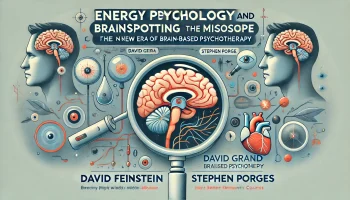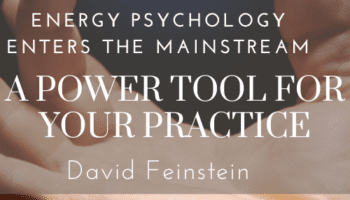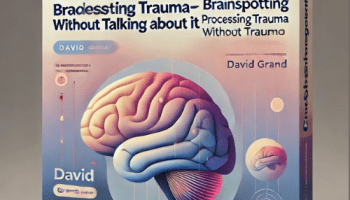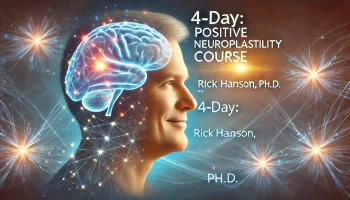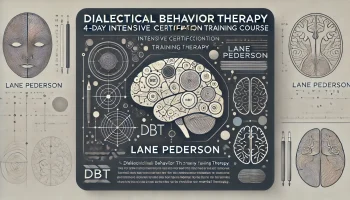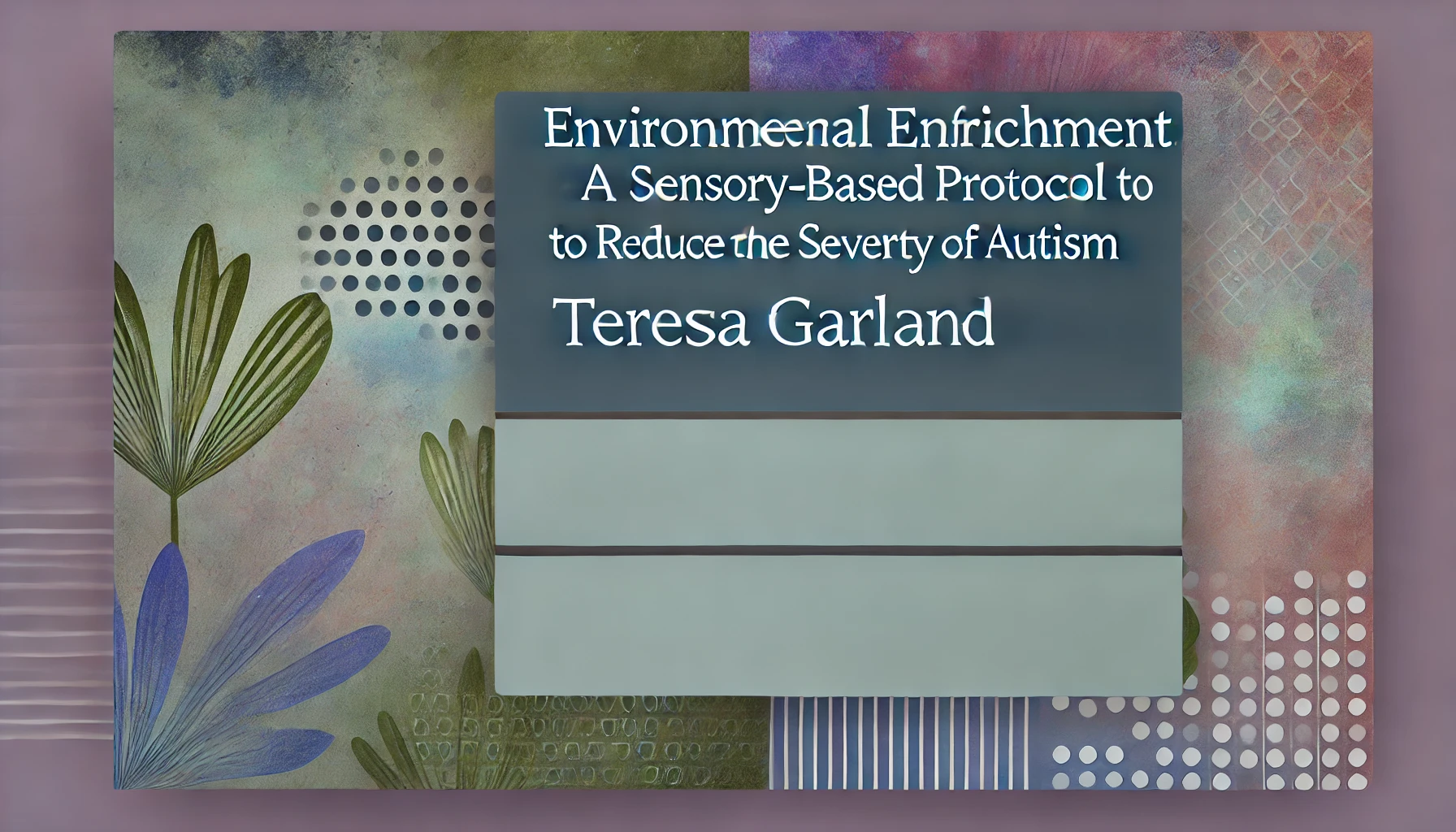Environmental Enrichment-A Sensory-Based Protocol to Reduce the Severity of Autism – Teresa Garland
Environmental Enrichment-A Sensory-Based Protocol to Reduce the Severity of Autism – Teresa Garland has the same quality as the author’s salapage.
Overview
Salepage check: Environmental Enrichment-A Sensory-Based Protocol to Reduce the Severity of Autism
Author: Teresa Garland
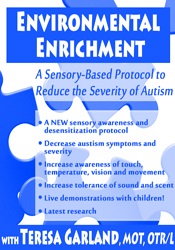
- Faculty:
- Teresa Garland
- Duration:
- 2 Hours 5 Minutes
- Format:
- Audio and Video
- Copyright:
- Feb 15, 2016
Description
- A NEW sensory awareness and desensitization protocol:
- Decrease autism symptoms and severity
- Increase awareness of touch, temperature, vision and movement
- Increase tolerance of sound and scent
- Live demonstrations with children!
- Latest research
In this workshop, you will learn how to customize and implement a sensory awareness and desensitization protocol for a child with autism of any age in a home or school setting. This evidence-based protocol (Woo & Leon, 2013, 2015) has been shown to reduce autism severity in children of all ages. You will walk away with 34 rotating activities that develop the child’s awareness to hot/cold, visual, touch, vestibular and sound sensations. Additional activities for speech, physical exercise and emotions are included and can be incorporated into the original protocol. You will learn how to adapt the 34 activities to give the child a just-right challenge. There will be live demonstrations of the activities.
Handouts
| Environmental Enrichment: A Sensory-Based Protocol to Reduce the Severity of Autism (7.27 MB) | 47 Pages | Available after Purchase |
Outline
Introduction to the Environmental Enrichment (EE) Protocol
- What is it?
- What evidence do we have?
A Step-by-Step Guide to the Enrichment Protocol
- The short and long versions
- The materials
- How, where and when to put the protocol in place
Activities to Enrich the Senses in Autism
- 34 activities
- Live demonstrations with children
Modifications to the Enrichment Protocol
- Grade the challenge with alternate activities
- Add in speech, physical exercise, rhythm and emotional activities
Faculty
Teresa Garland, MOT, OTR/L
Teresa Garland, MOT, OTR/L, is an occupational therapist and author specializing in self-regulation and sensory and modulation issues. She has worked in schools, sensory clinics, and medical settings with children, adolescents, and adults with Sensory Processing Disorders, Autism Spectrum Disorder, and ADHD. Ms. Garland works closely with other mental health and allied rehab professionals, teachers, and doctors to understand and treat underlying sensory, timing, and coordination/motor planning issues as well as overlying socio/emotional behaviors and the symptoms of autism. She is trained/certified in the SIPT, Interactive Metronome®, Integrated Listening Systems (iLs), Therapeutic Listening, Wilbarger’s Sensory Defensiveness, the Natural Heart Approach, Mindfulness Training, and Food Chaining.
Ms. Garland is the author of the award-winning book Self-Regulation Interventions and Strategies: Keeping the Body, Mind and Emotions on Task in Children with Autism, ADHD or Sensory Disorders (PESI, 2014). Her workbook, Hands-on Activities for Children with Autism & Sensory Disorders was published in April of 2016 (PESI).
As an author and international presenter, Ms. Garland has trained over 10,000 therapists and teachers in the art of using self-regulation interventions with the children they work with in clinics and classrooms. She also trains on working with children and adults with ADHD and children with autism. Ms. Garland has a master’s in occupational therapy from the University of New Mexico.
Speaker Disclosures:
Financial: Teresa Garland is an author for PESI Publishing & Media and receives royalties. She receives a speaking honorarium from PESI, Inc.
Non-Financial: Teresa Garland has written case studies for Interactive Metronome®. She writes a blog on Self-Regulation (otselfregulation.blogspot.com).
Curriculum
FAQs
Requirements
- Basic understanding of psychology or counseling.
- Interest in brain-based therapeutic approaches.
- Suitable for mental health professionals, psychologists, counselors, and therapists seeking to expand their skill set.
Features
- Learn from renowned experts: David Feinstein, David Grand, and Stephen Porges.
- Explore cutting-edge brain-based psychotherapeutic techniques, including Brainspotting.
- In-depth exploration of energy psychology for effective emotional healing.
- Comprehensive modules that enhance understanding of neuroscience-based psychotherapy.
- Practical insights that can be applied immediately in clinical practice.
- Access to the latest research and practical tools for successful client outcomes.
Target audiences
- Mental health professionals looking to integrate energy psychology into their practice.
- Therapists interested in Brainspotting and neuroscience-based psychotherapy.
- Counselors, social workers, and psychologists eager to learn about the latest advances in brain-based therapy.
- Anyone seeking to understand the connections between psychology, the brain, and emotional healing.

